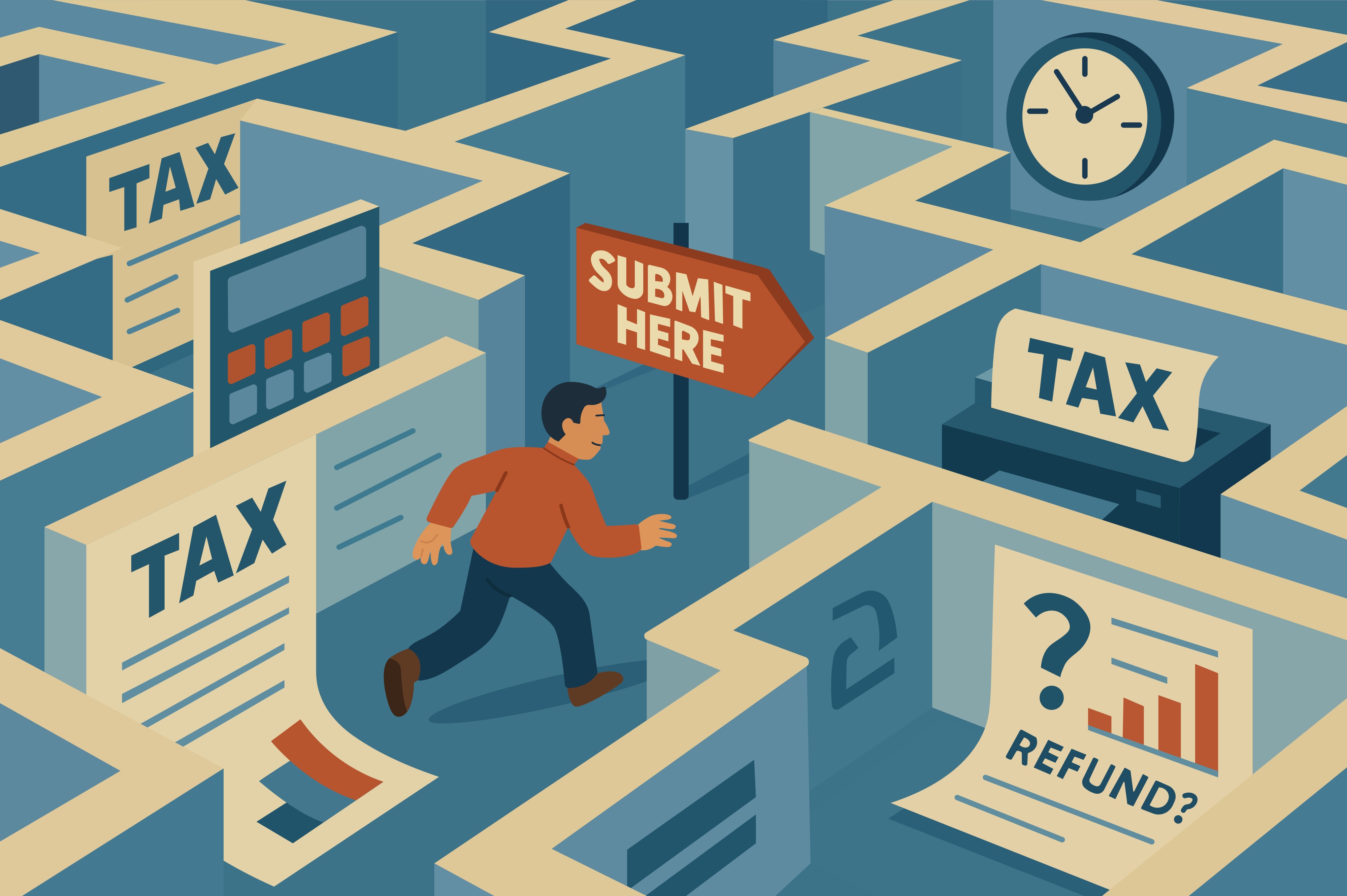If you’ve got your eye on building equity through homeownership, a new proposal from President Trump might sound like a cheat code: no more capital gains tax on home sales. Sounds great, right?
Hold up. Before you start calculating what you'd pocket on that $650K resale in LA or Miami, let’s break this down like a finance app walkthrough. Because while “no taxes” sounds dreamy, this move—if it ever passes—has tradeoffs that hit different depending on who you are, how long you've owned, and whether you're planning to upgrade, exit, or just stay put
So what is capital gains tax on home sales?
Let’s say you bought a house for $300,000. Five years later, you sell it for $650,000. That’s a $350,000 gain. But under current tax rules, if you’re single, the first $250,000 of profit is tax-free. If you're married and file jointly, you get a $500,000 exclusion. So in this example, a single person might owe tax on $100,000 of gains—unless they can write it down with renovation expenses or other capital improvements.
That’s where Trump’s idea comes in: just scrap that tax altogether. No thresholds. No exemptions. Just 100% tax-free gains on your primary home sale. Free equity, no IRS. Except... it’s not that simple.
Who benefits most?
This isn't really about your first home. It’s about older homeowners who bought in the ‘80s, ‘90s, or early 2000s—when homes were cheap and inflation wasn’t. According to Federal Reserve data, the median home price has risen nearly 190% since 1997. A lot of folks are sitting on six-figure (or even seven-figure) gains.
For those people, taxes on appreciation past the exclusion limits are a real financial anchor. And that’s exactly the group Trump is talking to—longtime owners who feel “stuck” in big homes because they’d lose too much to the IRS if they downsized.
But let’s not pretend this is a Gen Z or first-time buyer win. Most younger homeowners aren’t sitting on $300,000 in gains. The real effect here? It makes older, richer sellers more likely to list, which could flood the market with inventory—and maybe, just maybe, loosen up supply for the rest of us.
First, the proposal isn’t law. It’s just talk. Even if it gains momentum, it would need serious Congressional backing. And as tax policy goes, this one’s expensive. According to budget analysts, removing the capital gains tax entirely on home sales could cost the government billions annually—money that might otherwise fund housing subsidies, infrastructure, or other tax offsets.
Second, this isn’t about affordability. Removing capital gains taxes doesn’t lower home prices. It doesn’t increase wages. It doesn’t make down payments any easier. What it does do is make it more appealing to sell—especially for those who’ve held homes for decades. That might help with supply, sure. But it could also light a fire under prices if everyone rushes to cash out.
Third, there’s the wealth angle. Eliminating this tax benefits the top 10% more than anyone else. A 2025 study from The Budget Lab at Yale found that nearly all the gains from such a policy would accrue to wealthier, older homeowners. And that’s a problem if you’re trying to design housing policy for equity, not just liquidity.
Can Gen Z win anything here?
Yes—but only if you play the long game.
If you’re planning to stay in your home for 10+ years and you’re making capital improvements (think renovations that actually increase value, not just paint), the current tax law already helps you. You can add those costs to your home’s “basis,” shrinking your gains and possibly avoiding taxes altogether—even without this new proposal.
What Trump’s idea would do is remove that cap entirely. So if you somehow make $800K on a future sale? Zero taxes. But realistically, you’d need to hold the home for a decade or more in a fast-growing market to even approach that kind of gain. And by then, tax law could change again.
Bottom line: this isn’t a free lunch for Gen Z. It’s a targeted break for people who already own big chunks of appreciated real estate.
So… should I care?
Yes—because tax code changes like this shape housing behavior upstream. If older homeowners start selling more, it could shift inventory patterns, reduce competition in some markets, and open up options that were previously frozen. Think of it as unclogging the top of the pipe.
But don’t count on it lowering prices. If anything, a surge in sellers might come with a surge in buyers too—especially investors looking to flip tax-free. That could mean more competition, not less.
And there’s another angle: if this goes through, it could signal a broader policy shift toward asset-light taxation and investment mobility. That matters. If tax policy starts rewarding holding—and then selling—homes like assets, not shelter, it could accelerate housing’s transformation into a wealth-building machine for those who already own. For renters and would-be buyers, it widens the divide. That’s why even if it doesn’t touch your tax return this year, it might reshape the market you’re saving to enter.
If you're hoping this will help you buy your first place or make your exit cheaper, don't hold your breath. This is a policy aimed at people who already won the game—and want to cash out with no penalties.
Instead of waiting for the tax code to save you, focus on what you can control: smart entry price, long-term value creation (hello, sweat equity), and stacking improvements that protect your resale potential. Because whether or not the capital gains tax on home sales gets nuked, the biggest wealth move is still buying right—and holding smart.
And here’s the other truth: tax changes like this get floated all the time. Some get traction, most die quietly in committee. The worst move is putting your home strategy on pause just because of a maybe. Good financial planning doesn’t hinge on political promises. It builds on what’s real—and what still works if the proposal fizzles out.






.jpg&w=3840&q=75)







-3.jpg&w=3840&q=75)
